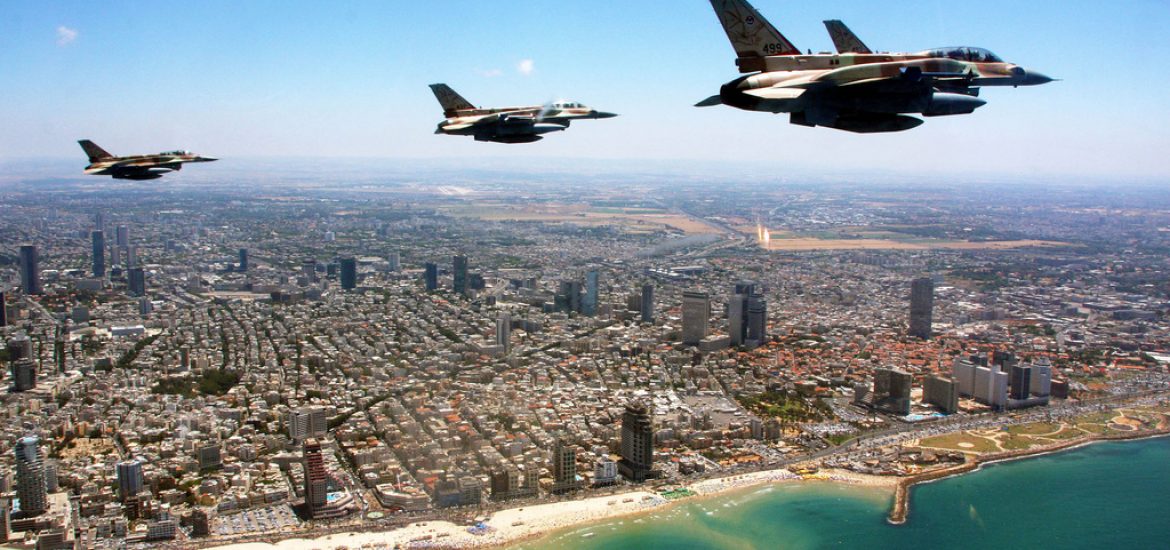
Cyprus’ energy minister says companies with a stake in a gas field in its territorial waters will hold talks with an Israeli company to settle a dispute over how much of the field extends into Israeli territory.
Nicosia’s energy minister Yiorgos Lakkotrypis said the dispute over the Aphrodite gas field, which is projected to contain around 4.5 trillion cubic feet of gas, is one of “the most serious differences” that Cyprus has with Israel.
Greek representatives would also attend the meeting.
Lakkotrypis said US firm Noble Energy and partners Shell and Delek would hold talks with the Israeli Opportunity Energy Resources to agree how much gas from the Aphrodite gas field, which crosses the Cyprus-Israel maritime border, falls on the Israeli side. Most of Aphrodite’s gas lies on the Cypriot side.
Israel and Cyprus would reportedly apply for international arbitration to decide the dispute.
At next week’s meeting, an undersea gas pipeline connecting Israel and Europe would also be discussed.
The Israel Ministry of National Infrastructure, Energy and Water Resources estimates the quantity of gas in the Israeli section at 7-10 billion cubic metres (BCM), while the Cypriot assets, owned by Yitzhak Tshuva-controlled the Delek Group, are estimated at 100 BCM. Aphrodite is a single geological reservoir so its production depends on agreements between the two countries.
Israel and Cyprus signed an agreement establishing the border in 2010 but it was left unsigned.
“The state did not forego the Yishai prospect, and will not give up its share, even if this part is relatively small,” Israeli energy minister Dr Yuval Steinitz told the media. “The state will not waive its share of either the gas or the revenue from the Aphrodite reservoir, and is also unable to do this in the name of the companies that hold it.”
In the absence of a distribution deal, Israel is refusing to allow Cyprus to develop Aphrodite because pumping gas from it will also cause gas to be drained from Yishai.
“There are negotiations that have unfortunately been going on for years, but we recently reached an agreement with the Cypriots that seems reasonable to us. Based on the figures provided by the two sides, the international arbitrator will rule what percentages Israel and Cyprus will receive,” Steinitz said. “First of all, however, we will allow companies from both sides to hold discussions in an attempt to reach understandings. If this does not happen, there will be an arbitrator within a few months.”
Energy security is key to isolated Israel. Picture credit: Flickr





